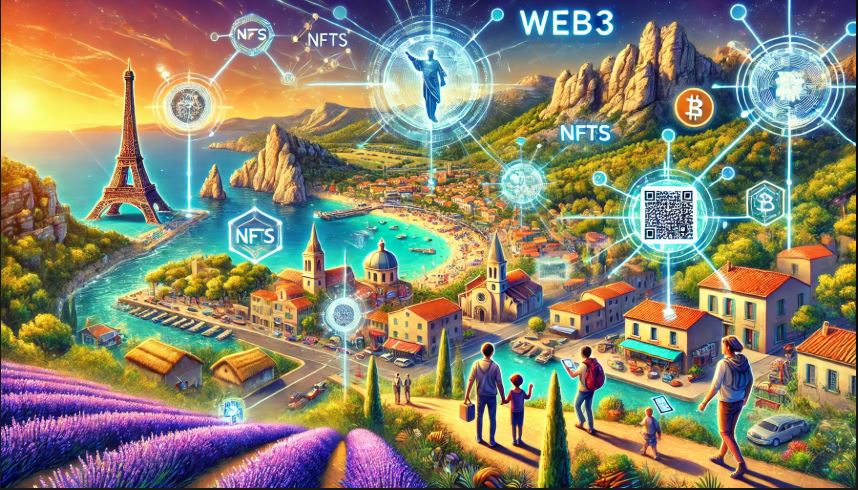
Microinsurance has long been a solution for providing affordable insurance to low-income individuals or for covering small-scale risks that traditional insurance might not cater to. However, inefficiencies, high administrative costs, and lack of trust can hinder its effectiveness. Web3 technologies offer a groundbreaking use case by enabling peer-to-peer (P2P) microinsurance, leveraging blockchain for trust, transparency, and efficiency.
The Concept: P2P Microinsurance on Blockchain
This approach involves:
- Community Risk Pooling: Instead of traditional insurers, individuals form a network where they collectively bear each other’s risks. When a member faces a claim, funds are automatically disbursed from the pool.
- Smart Contracts: These govern the terms of insurance, automate claim processing, and manage payouts without intermediaries, significantly reducing costs and delays.
- Tokenized Incentives: Participants can earn tokens for contributing to the risk pool or for not making claims, which can be used for discounts on premiums or other benefits within the ecosystem.
- Decentralized Trust: Blockchain ensures all transactions and claims are transparent and verifiable by anyone, reducing fraud and increasing trust among members.
Benefits and Challenges
- Benefits:
- Accessibility: Lower premiums and reduced administrative costs make insurance accessible to those previously underserved.
- Customized Coverage: Members can vote on what risks to cover, tailoring insurance to community needs.
- Quick Claims: Automated claim processing via smart contracts can lead to near-instantaneous payouts in some cases.
- Challenges:
- Regulatory Hurdles: Navigating the legal landscape of insurance in different jurisdictions can be complex.
- Risk Assessment: Without traditional actuaries, accurately assessing risk can be challenging, potentially leading to sustainability issues.
- Scalability: Ensuring the system can grow without compromising speed or security is crucial.
Case Study: The MicroInsure DAO
Imagine “MicroInsure DAO”, where community members in a rural area collaboratively manage risks like crop failure or livestock disease:
- Membership: Farmers join by staking tokens, which contribute to the risk pool.
- Risk Sharing: When a farmer suffers a loss, a smart contract verifies the claim (perhaps through IoT data or community validation) and instantly disburses funds from the pool.
- Governance: Members vote on which risks to cover, how much to charge for premiums, and how to handle surplus funds.
How Web3Dev Can Help
At Web3Dev, we’re poised to bring this vision to life:
- Smart Contract Design: We’ll craft robust smart contracts that ensure fair and automatic claim handling, with provisions for fraud detection.
- DAO Infrastructure: We build the framework for your DAO, including voting mechanisms, token economics, and governance structures.
- Integration with IoT: For claims verification, we can integrate IoT devices or oracles to provide real-time data for smart contract execution.
- User Interface: Creating an intuitive platform where even those with little tech knowledge can participate in insurance governance and claim processes.
- Compliance and Scalability: We’ll help navigate the regulatory landscape and design solutions that can scale as your user base grows.
By implementing P2P microinsurance through Web3, you can empower communities to manage their risks more effectively, promote mutual aid, and build trust through transparency. Let Web3Dev help you construct a platform where insurance is not just a service but a community endeavor. Contact us to learn how we can bring this innovative insurance model to your community.



